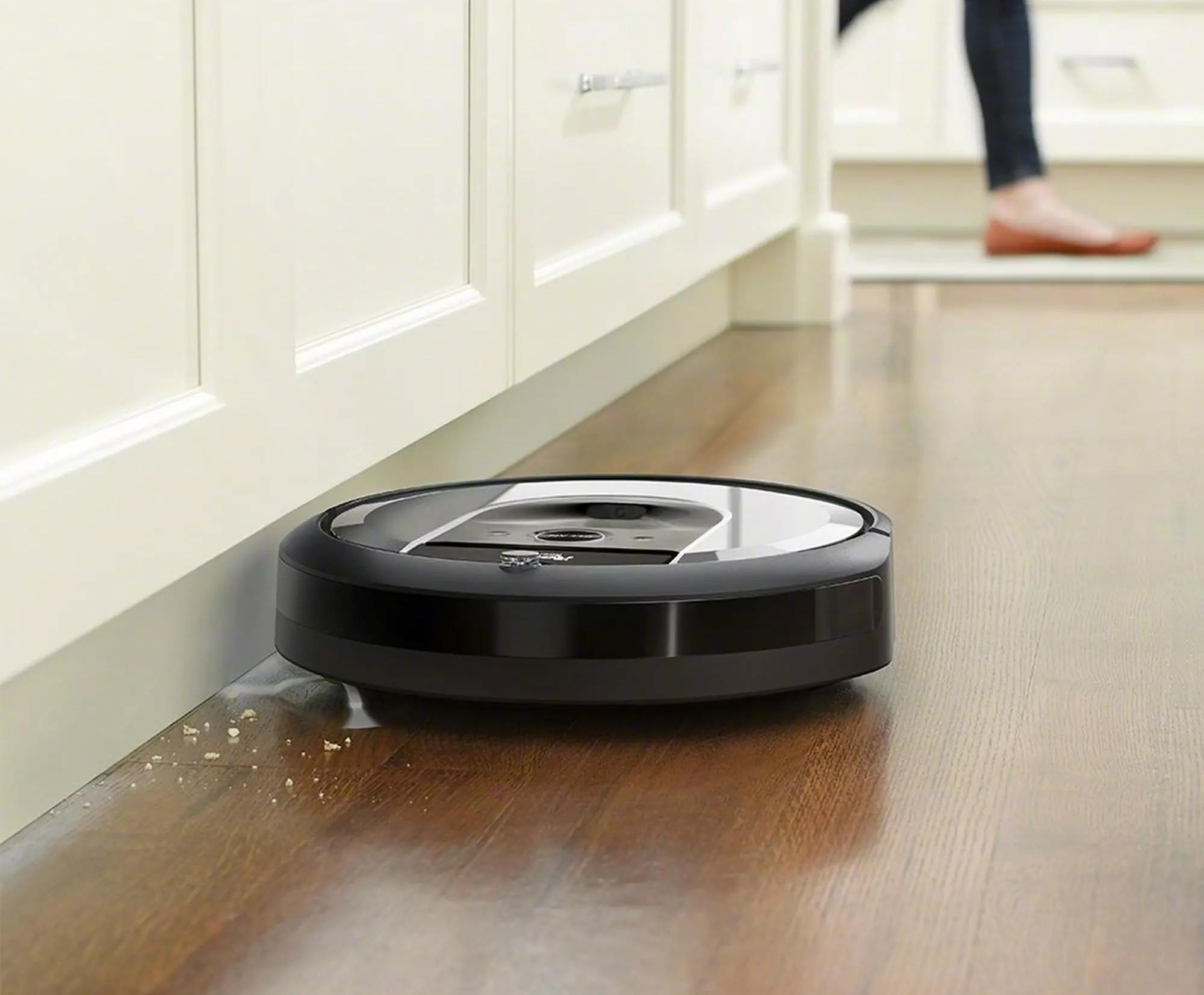Amazon’s proposed $1.7 billion (£1.3bn) acquisition of Roomba automated vacuum cleaner maker iRobot is likely to be rejected by the European Union over competition concerns, according to multiple reports.
The e-commerce giant is understood to have failed to propose any remedies to allay the issues brought forward by the EU before a deadline earlier this month.
The takeover was cleared by the UK’s Competition and Markets Authority (CMA) last June, with the body reasoning iRobot’s position in the UK market was “modest” and that it already faces “several significant rivals”.
European Commission authorities reportedly met with Amazon last Thursday to inform the company the takeover bid was likely to be rejected.

Competition concerns
iRobot shares fell nearly 40 percent in after-hours trading following a report on the matter by The Wall Street Journal.
In pre-market trading on Monday the firm’s shares were priced at around only $17, far below the $61 per share Amazon had agreed to pay and the $49.99 per share the day before the acquisition was announced in August 2022.
The EU regulator’s main concerns were that Amazon could prevent competition for robot vacuum cleaners on its online marketplace, particularly in France, Germany, Italy, and Spain, Reuters reported.
Such issues fall under the purview of new regulations called the Digital Markets Act, but due to the DMA’s lengthy enforcement process and the fact that the legislation has not yet been challenged in court the Commission reportedly felt it was better to block the deal now.
‘Fewer options’
The EU has until 14 February to formally announce its decision and must gain a consensus of the bloc’s 27 political leaders before this can be issued, but historically a rejection of a Commission decision is unlikely.
The US Federal Trade Commission has also reportedly been investigating the deal.
Matt Schruers, president of tech industry lobbying group Computer and Communications Industry Association, said blocking the deal “may well leave consumers with fewer options, and regulators cannot sweep that fact under the rug”.





